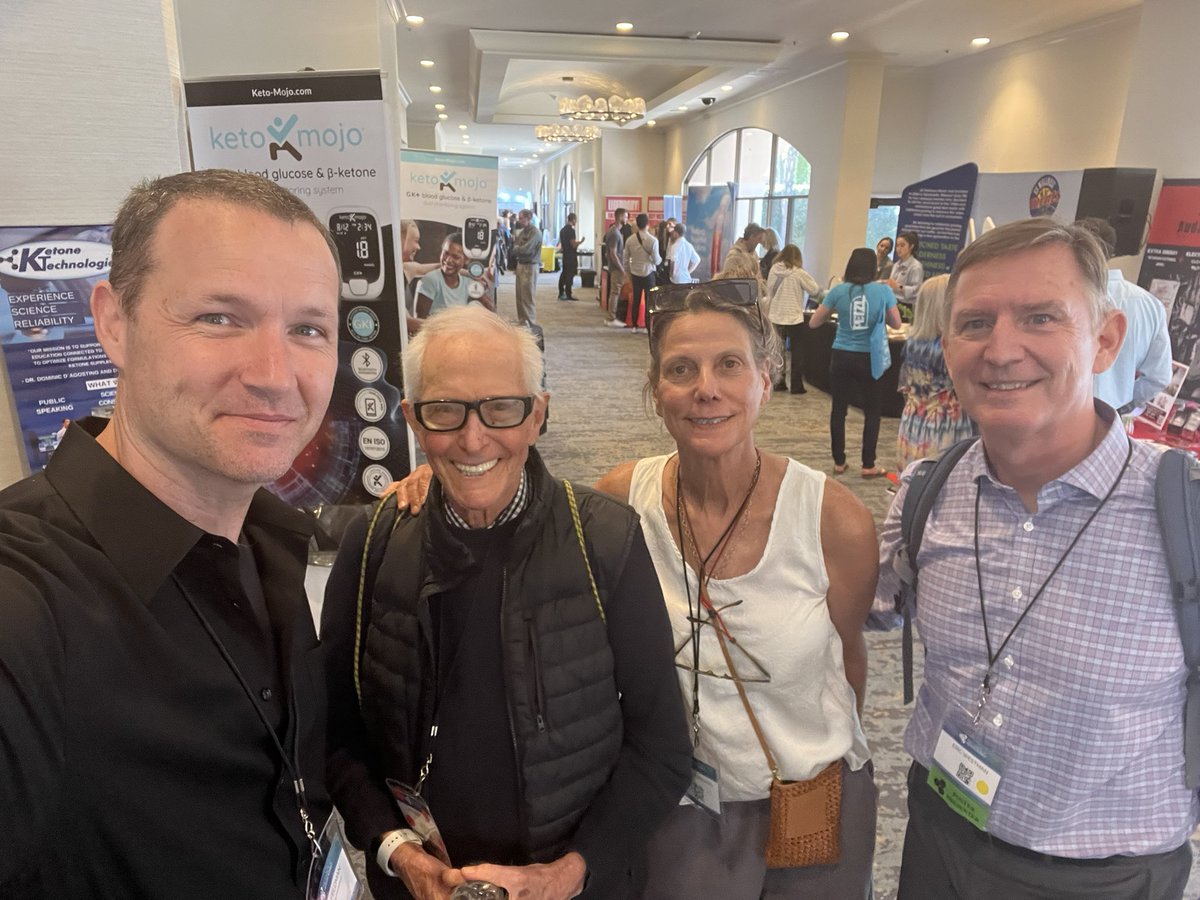
1/ I had the debate between @NutritionMadeS3 & @ifixhearts on in the background while working. Really enjoyed it
First and foremost, both gentlemen were very cordial and professional. No ridicule, name-calling, or any other emotive personal attacks, etc..
First and foremost, both gentlemen were very cordial and professional. No ridicule, name-calling, or any other emotive personal attacks, etc..
2/ Which -- as you all know -- I'm a strong advocate for.
@NutritionMadeS3 represented the pro-LDL/ApoB lowering position well. (Note I've linked/tweeted his videos several times)
@ifixhearts brought forward the importance of metabolic health, and fault in it getting ignored...
@NutritionMadeS3 represented the pro-LDL/ApoB lowering position well. (Note I've linked/tweeted his videos several times)
@ifixhearts brought forward the importance of metabolic health, and fault in it getting ignored...
3/ One important difference I was especially interested in-> do we have enough data in hand to feel confident high LDL/ApoB is a strong independent risk factor regardless of metabolic health. Generally @NutritionMadeS3 appears to favor "yes", @ifixhearts favors "unsure" to "no"
4/ Naturally, this is very relevant with regard to our #LMHRstudy (now in progress) given we'll have many LMHRs who have extremely high LDL/ApoB, yet otherwise seemingly good metabolic health/low RFs.
And to @NutritionMadeS3's point -- they may well be at high risk...
And to @NutritionMadeS3's point -- they may well be at high risk...
5/ Which is exactly why we need prospective data to better assess potential risk at a population level. Obviously, the LMHR phenotype is uniquely distinct in testing this independent RF in isolation.
Again, props to both @NutritionMadeS3 and @ifixhearts for a great discussion.
Again, props to both @NutritionMadeS3 and @ifixhearts for a great discussion.
• • •
Missing some Tweet in this thread? You can try to
force a refresh













